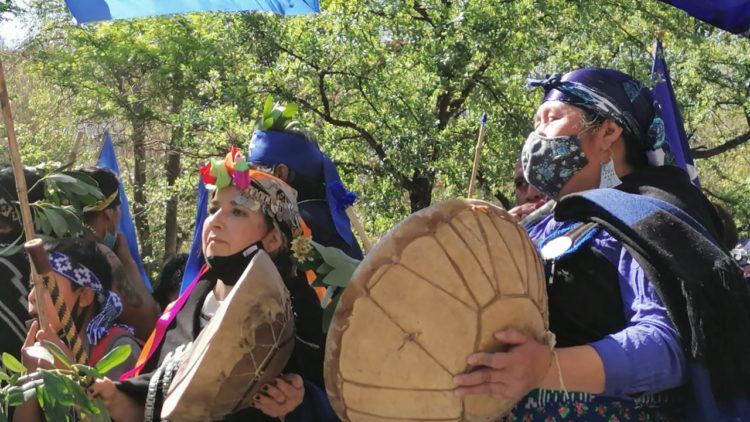On 21 June, the day of the winter solstice, the National Day of Indigenous Peoples was celebrated for the second time. Law 21.357 recognises and enshrines in our institutions a tradition of the peoples of the American continent who celebrate the winter solstice as the beginning of a new cycle of nature. Daylight begins to spread and the darkness of night diminishes. This day marks the awakening of nature and life.
Inti Raymi in Quechua, Machaq Mara in Aymara, Huata Mosoj in Colla, WeTripantu in Mapudungun and Xóosink in the language of the Selk’nam are the ways of referring to this day in the different languages. It is not an invention of the indigenist movements as some would have us believe, but are dates specific to their ancestral culture and worldview.
Legal holidays are a true reflection of the culture and society we want to build. In Chile, of the sixteen days off, three exalt patriotic symbols, nine are Christian (eight Catholic and one Protestant), and two are secular: New Year’s Day and National Labour Day. The remaining two are Encounter of Two Worlds, which until very recently was called the Discovery of America or “Columbus Day”, and the last to be included in the calendar, National Day of Indigenous Peoples.
The celebration of the “Discovery of America” or, as it was also known in parallel as “Columbus Day”, established as a public holiday just over a hundred years ago, reflects society’s invisibilisation of the native peoples and disregard for their culture and worldview.
Chile is moving forward, and not only through a public holiday. In education, the Curriculum Bases for the subject of Language and Culture of Indigenous Peoples were drawn up, which came into force in February 2021 and are being implemented in just over 10% of the country’s educational establishments. Two thousand traditional educators are involved.
As knowledge and appreciation of ancestral cultures spreads, prejudices will diminish and these peoples will be able to take their rightful place in Chilean society. It will come as no surprise that a football team can have a Mapuche or Rapa Nui shout, as the All Blacks and their Maori Haka have in New Zealand.
An early recognition in education of the worldview, language, culture and traditions of the native peoples will allow us to recognise ourselves as a plurinational state, without fear or trepidation, since “there is no single way of conceiving plurinationality” as can be seen in “Western plurinational democracies such as Belgium and Switzerland – where cultures are voluntarily federated, Finland and New Zealand – with a FORCE incorporation of indigenous peoples – or Canada – with a voluntary incorporation of native peoples” (citing Catherine Walsh in Library of Congress report).
There has been progress, but there is still a long way to go in recognising and valuing ancestral cultures. The direction is the right one. I see in my grandchildren and in the work of Fundación Semilla many children and young people learning about native peoples at school. Today they see a diverse and heterogeneous Chile and, without a doubt, this National Day of Indigenous Peoples holiday, which is celebrated on the day of the winter solstice, has contributed to this.










